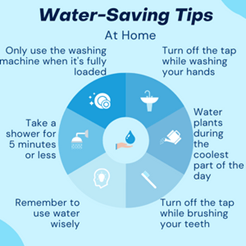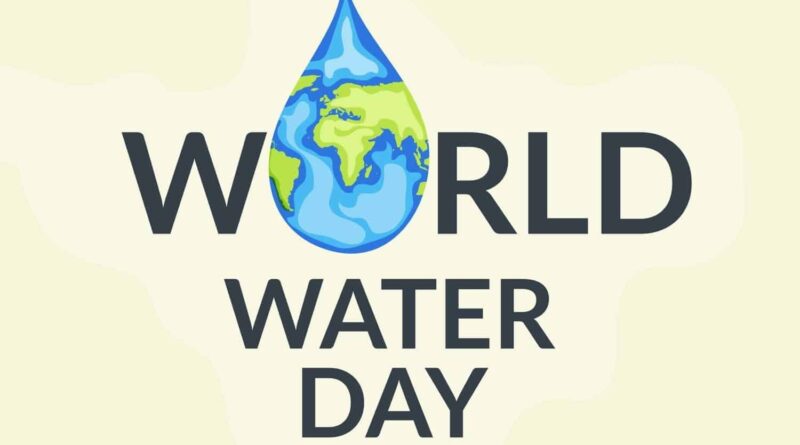It’s World Water Day
March 22 is World Water Day – an opportunity tofocus on the responsible use of water and access to safe water for everyone. Water is one of the planet’s most precious resources and holds an immense value in our daily lives. Every day, people use water in different ways, including drinking, agriculture, industry, recreation, hygiene, sanitation, and health care. Indeed, water helps keep us healthy – safe water is a key part of regular handwashing with soap, one of the most important practices a person can follow to prevent the spread of germs.
In New York State, approximately nine billion gallons of water are withdrawn each day; the average person uses 50 gallons of water a day, from the lakes, rivers, streams, estuaries, and groundwaters of upstate New York. NYCHA’s Environmental Health and Safety Department (EHS) would like to share some ways you can make smarter use of this precious resource.
You can…
- Turn off the faucet while shaving, washing up, brushing teeth, and washing dishes.
The average person uses 10.9 gallons of water directly from the faucet each day.
- Fix dripping and leaking faucets and toilets. If you have a leak, please report it by calling the Customer Contact Center at 718-707-7771 or using MyNYCHA (www.nyc.gov/MyNYCHA).
A faucet leaking 30 drops per minute, wasting 54 gallons a month.
- Don’t run the tap to make water cold or hot.
Instead, keep a pitcher of water in the refrigerator.
- Take shorter showers or fill the bathtub only part way.
The average person uses 15 gallons a day in bathing and hygiene.
- Wash your hands at key times to avoid spreading germs:
Before:
- Preparing food
- Eating food
- Caring for someone who is sick
- Treating a cut or wound
After:
- Preparing food
- Eating food
- Caring for someone who is sick
- Treating a cut or wound
- Using the toilet
- Changing diapers
- Blowing your nose, coughing, or sneezing
- Touching an animal, animal feed, or animal waste
- Handling pet food or pet trets
- Touching garbage

For more information, please visit:







